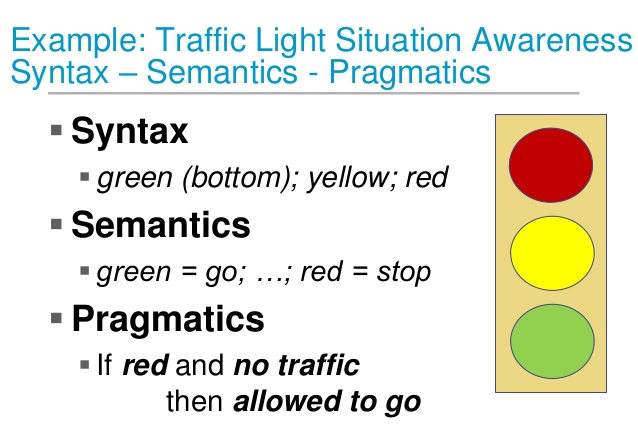Do accounting numbers play a role in the political process
of cost allocation in providing information to users? Discuss
I agree, because… the higher the profit the higher the
intention of interest group and politician to
Political process model by positive theory
Rather than capital market,
accounting information in political market is
less demanded by the users because of less incentive to ask for it.
What is Political market? The market that company would
enter to supply the interest group an enough
information of FS. As we studied in last blog about capital market. The
assumptions such as:
- people have a perfect knowledge (highlighted)
- no transaction cost (highlighted)
are considered as unrealistic and illogical when we compared
to the real world, why so? It is because of people have to pay transaction cost
to get an information from the management of the firm. People are not simply
get all information that they want without incurring any costs at all.
Therefore perfect knowledge assumptions in capital market is impossible and
transaction cost is actually exists in order for someone to get information
that they want.
Political market however confirms an existence of
transaction costs, this cost would lead to lesser demand by the users depending
on the cost benefit analysis that the user will incur higher cost than benefits
that they will get from the information. Therefore it is not worthy to choose
the otherwise option as we assume that individuals are the utility (profit)
maximizer, they will choose to not incurring transaction cost. With this
result, firms has power to decide to limit their supply of financial
information and put less disclosure to the user for their vested interest (self
interest).
High information cost problems to the user:
- Individual actions are small effect to the person’s (company) wealth
- 1 individual as 1 voter will influence nothing to the management,
- the opinion is insignificant to effect the management’s decision making
- Political cost = cost born by the user in order to lobby for challenging the decision made by the firm
- It is ultimately high for an individual to bear political cost alone.
Interest group
- Forming interest group to make such power to influence management decision
- Once interest group is formed, it could enable the group lobbying. Which is reducing the cost of lobbying by diffusing the cost to each individuals in the group
- Cons,
- Not easy to search people with the same interest (heterogeneity of interest)
- Cost to forming the organization (interest group) and cost to informing (communicate) members
Greater Residual opportunism probability to occur for the
firm is still exist despite:
- having a greater information cost for lobbying
- diffused rewards by forming interest groups
- high monitoring cost by the shareholders
- US Gov pass securities act to increase gov control over public co to prevent future crash
- The act is not so effective to prevent a lot of future crashes
- Public still choose to stay rationally uninformed. Why??? Because of:
- Costly to get information
- Costly to lobby to come out with corrective action plan
- Individual are less expecting public to do so
Accounting numbers are used to understate the profit figure
therefore it would give another point of view (window dressing) so that the censure
would be minimized.
Firms are also a utility maximizer, they also have interest
in the profit of the firm. The benefit gained by the firm through a subsidies
is something to be keep on so that the government will not have to retrieve its
subsidies because the company had been matured in the industry.
To avoid from subsidy retrieval, firm has to understate
their profit to keep enjoying the subsidy even though the firm has gaining a
higher profit. Again the accounting figures plays an important role to this
problem.
Accountant is given a responsibility to window dressing the
profit figure so that the unusual profit can be reduced within the scope of
accounting practice (as long as it is legally to do so). Accountant has given a
flexibility to choose which technique that they want in performing accounting
job. This brings an opportunity for the firm to gain from unusual profit in the
political process and at the same time avoid from critics and political costs.
They will use conservatism principle as an excuse to understate the firms
profit so that interest groups will believe the accountant is doing their job
very well within the scope.
- The size of firm, the bigger firm will be more political sensitive and have more tendency to use accounting method to reduce the reporting profit
- The volatility of the profit, the more volatile the profit, the more it attracts the political attention. The higher variance is something suspicious for someone to be attracted to.





